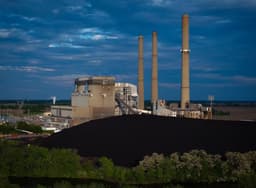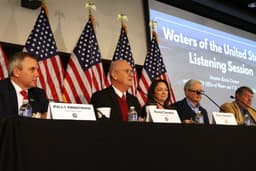Home / Environment / EPA Approves Fifth 'Forever' Pesticide, Raising Health Concerns
EPA Approves Fifth 'Forever' Pesticide, Raising Health Concerns
14 Nov, 2025
Summary
- EPA proposes approving another PFAS-based pesticide for crops
- Fifth such pesticide approved since Trump's second term began
- Experts warn of long-term health and environmental risks

In a move that has raised significant alarm among environmentalists and experts, the Environmental Protection Agency (EPA) has proposed approving another pesticide containing per- and polyfluoroalkyl substances (PFAS) for use on various crops. This is the fifth PFAS-based pesticide the EPA has sought to approve since Donald Trump started his second term as president in 2025.
Experts warn that these 'forever chemicals' pose serious long-term risks to human health and the environment. The newly proposed pesticide, epyrifenacil, can break down into trifluoroacetic acid (TFA), which is widely found in drinking water sources and believed to have notable, irreversible impacts on human health.
Despite the EPA's claims that the pesticide will be used with measures to mitigate potential harm, critics argue that this will not be enough to limit the damage. They point to research showing that PFAS-based pesticides are significantly contributing to environmental and water contamination, with "documented adverse impacts on human health, wildlife, and ecosystem quality."




